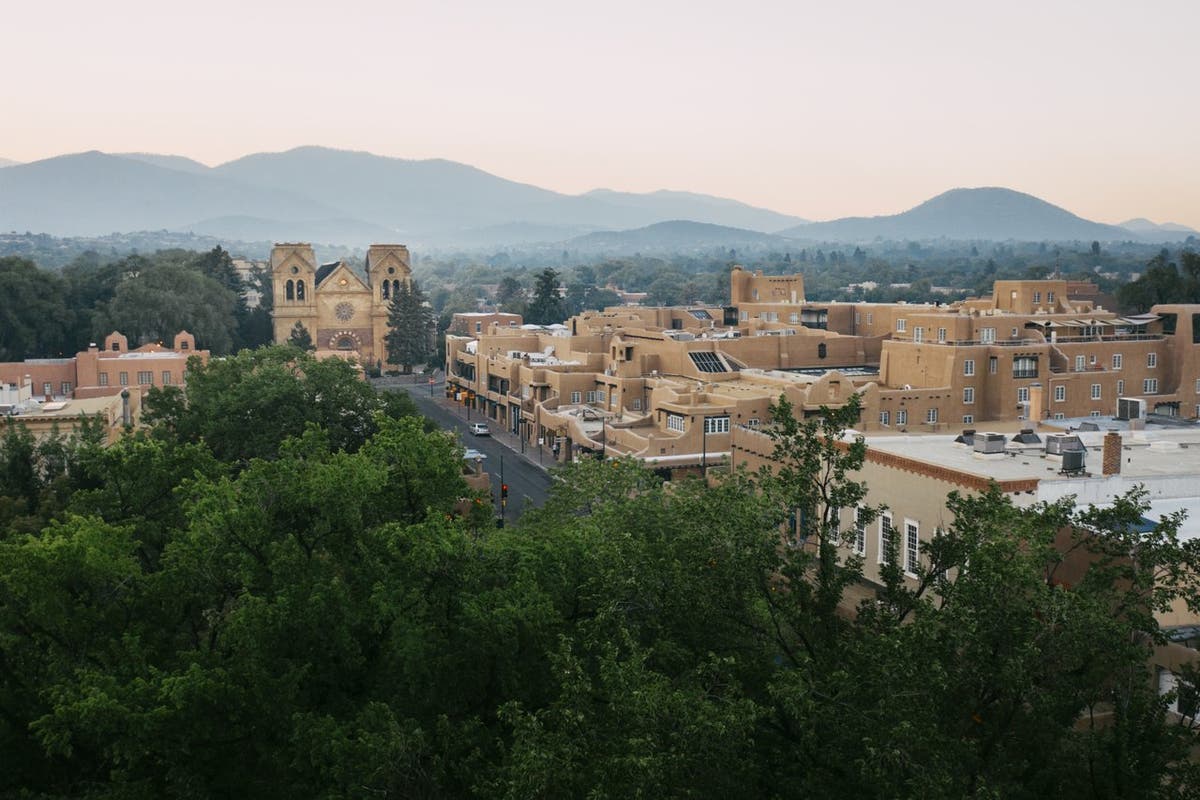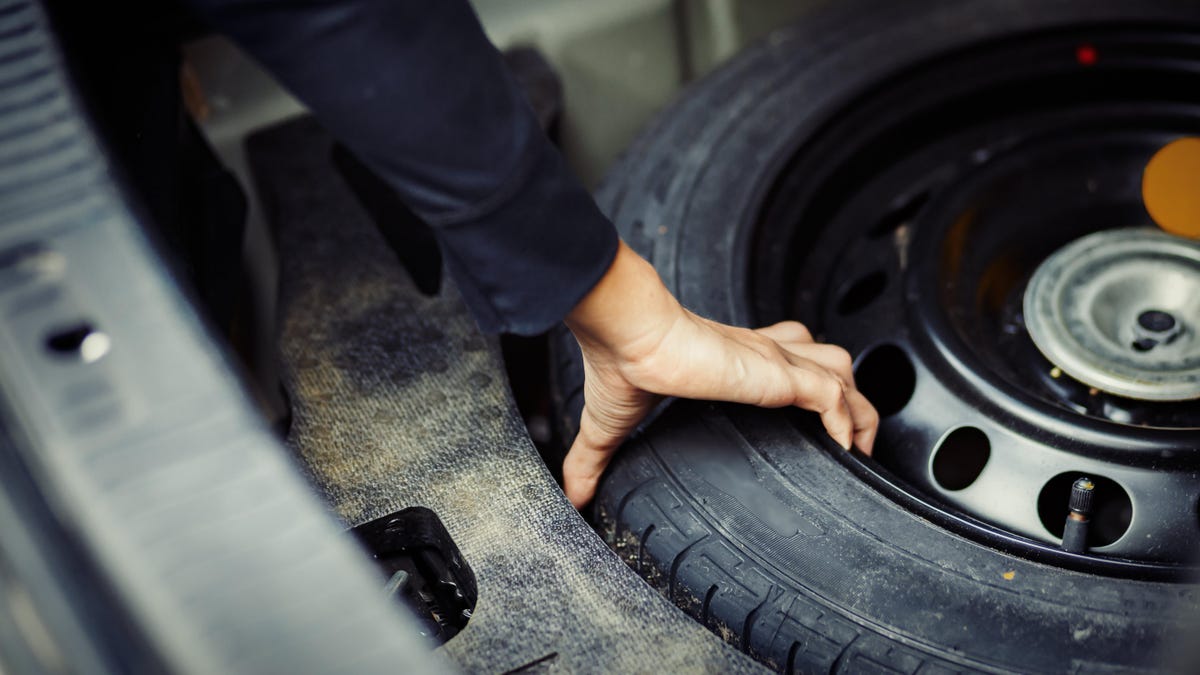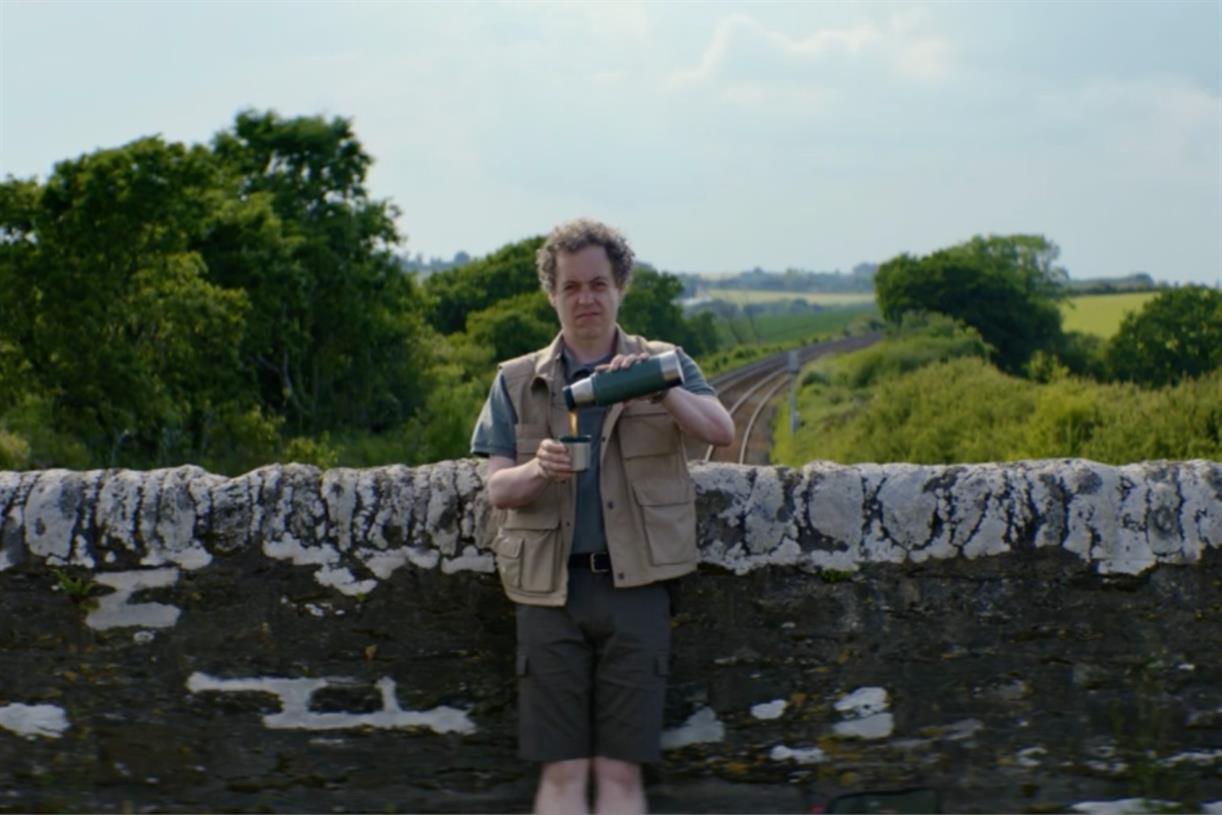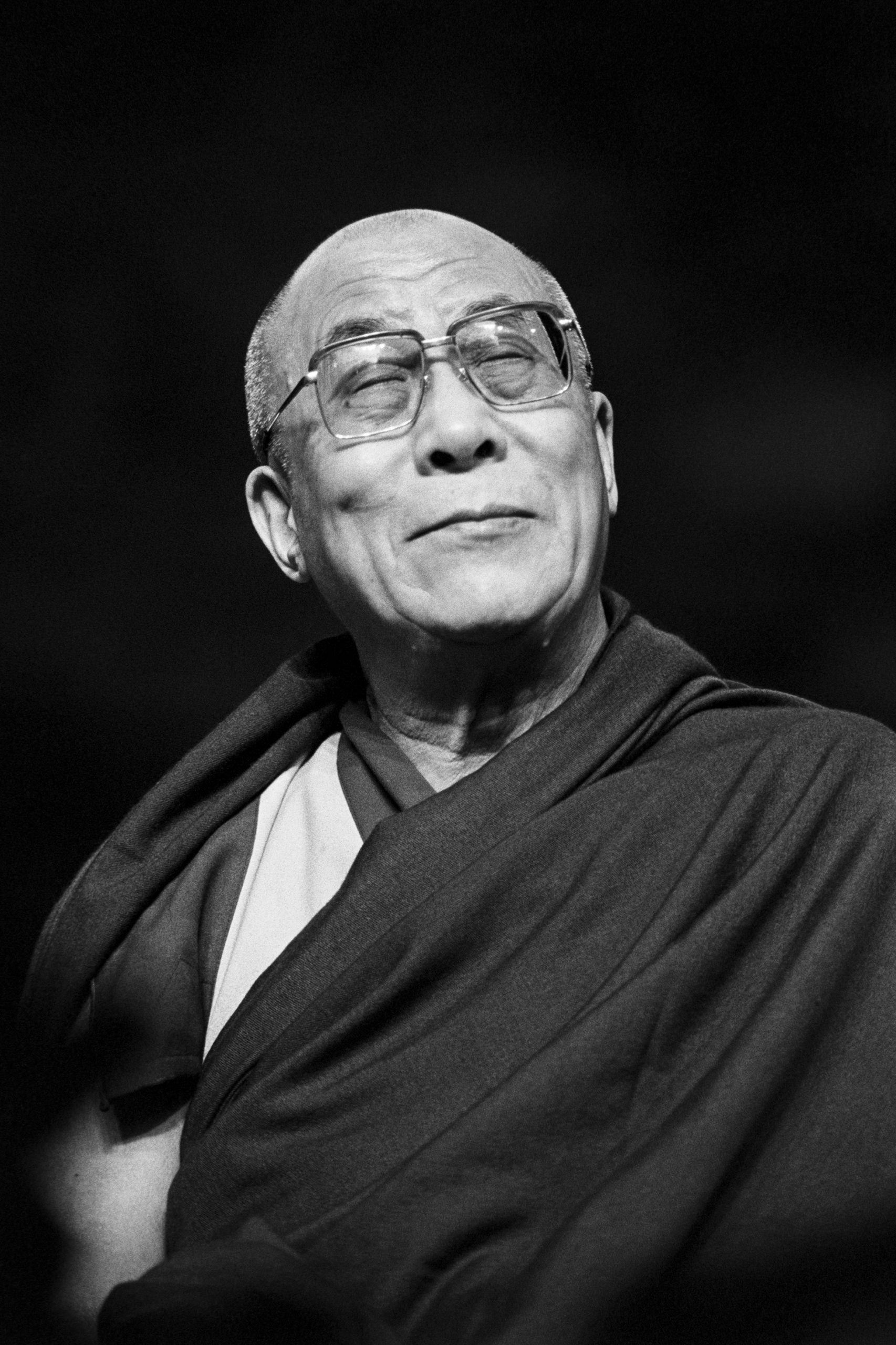Christmas Eve travellers race to reach their destinations as rail strikes hit
Qantas passengers from Sydney will arrive in the early hours of 25 December, almost 48 hours late, after an unexpected city break in Baku

Sign up to Simon Calder’s free travel email for weekly expert advice and money-saving discounts
Get Simon Calder’s Travel email
As the next national rail strike approaches, train travellers are racing to reach their destinations – while thousand of airline passengers face long delays.
In normal years, trains normally finish at mid-evening on Christmas Eve. But RMT union members working for Network Rail will stop work at 6pm, and train operators are racing to get rolling stock and staff back to depots before the walk-out begins. Last trains from many locations are in the morning, with all services ending by mid-afternoon.
The final direct train to London has already left Edinburgh, while no trains at all are running on East Midlands Railways’ main line linking London with Leicester, Derby, Nottingham and Sheffield due to a separate strike by members of the Unite union.
The strike has wiped out all the limited Boxing Day services, including every one of the 43 planned Eurostar services linking London with Paris, Brussels and Amsterdam.
Services will slowly resume after the RMT strike ends at 6am on Tuesday 27 December, though key operators will continue to run a sharply reduced schedule.
Last trains on South Western Railway from the UK’s busiest station, London Waterloo, will depart around 9.30pm – two or three hours earlier than normal – until the second week of January.
No trains will run to or from London Liverpool Street due to planned engineering works through to the New Year – when national rail strikes resume on 3 January.
Flights are continuing largely as normal through Christmas, with no discernible impact on arrival procedures from the strike by members of UK Border Force at six of the country’s key airports: Heathrow, Gatwick, Manchester, Birmingham, Glasgow and Cardiff.
Members of the PCS union who normally check passports have walked out as part of a pay dispute.
A Heathrow spokesperson said on Saturday morning: “Operations continue to run smoothly and the airport is operating as normal.
“The Immigration halls are free flowing with Border Force and the military contingency providing a good level of service for arriving passengers.”
Thousands of air travellers face disruption, however, with the extreme winter weather in North America causing widespread delays.
To London Heathrow, Air Canada from Toronto and British Airways from Chicago are running four hours late, while many arrivals from New York – on American Airlines, BA, Delta, United and Virgin Atlantic – are typically running three hours behind schedule. The late arrivals are likely to trigger delays later in the day.
The late afternoon departure on British Airways to New York JFK has been postponed to 8am on Christmas Day.
More than 400 Qantas passengers on flight QF1 from Sydney, due to land at Heathrow early on Friday morning, are still in Baku, capital of Azerbaijan.
Their Airbus A380 SuperJumbo was diverted after a warning of a fire in a cargo hold. Baku airport was the closest in the region with the facilities to handle the world’s biggest passenger plane.
A replacement aircraft departed Sydney at 2.40am GMT for the 8,200-mile flight to Baku.
A Qantas spokesperson said: “The aircraft will then pick up customers at Baku Airport and continue on to London. It is expected to arrive at Heathrow early on Christmas morning.”
The passengers will be nearly 48 hours late, and will find little transport available.

 JimMin
JimMin 































